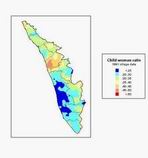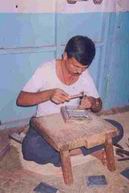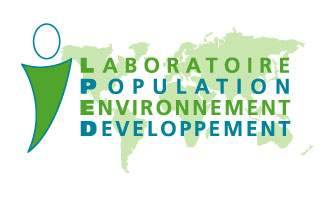|
|
||||||||||
|
a project on fertility transition in South India |
||||||||||
| The project | ||||||||||
|
||||||||||
| The Team | ||||||||||
| Output | ||||||||||
|
|
||||||||||
 |
 |
 |
 |
| South
India Fertility Project
|
|
acknowledgements
|
the SIFP has been made possible thanks to two main sources of
support.
Additional support form the following institutions is also gratefully acknowledged:
| The Delhi office of the UNFPA helped two of us to launch the SIPIS project in 2000 by providing us a grant that helped cover the costs of developing the database and the customized software. |  |
|
The IRD (French Research Institute for Development) supported the SIFP right from the beginning. Especially important was the assistance offered at various points by the LPED, a research unit working on population and environment in developing countries based in Marseilles to which the co-ordinator belongs. |
Among individuals that were most helpful to us, let us thank in particular F. Houllier, S. David, P. Vimard, E. Gérard, M. Vlassoff, S. Vingadassamy, R. Amuda, S. Patel, the team at the department of social sciences (FIP) and more recently JP Muller.




